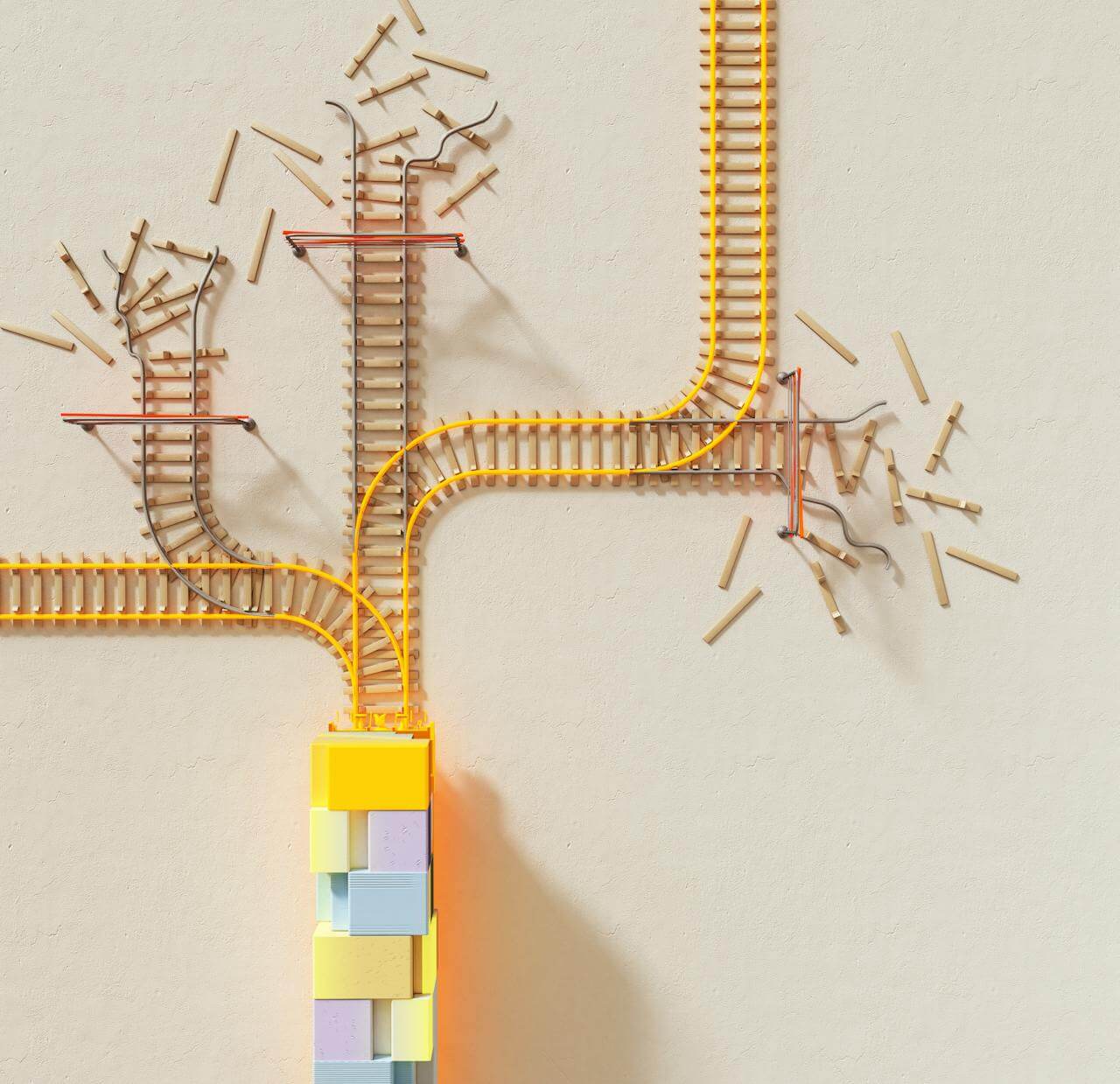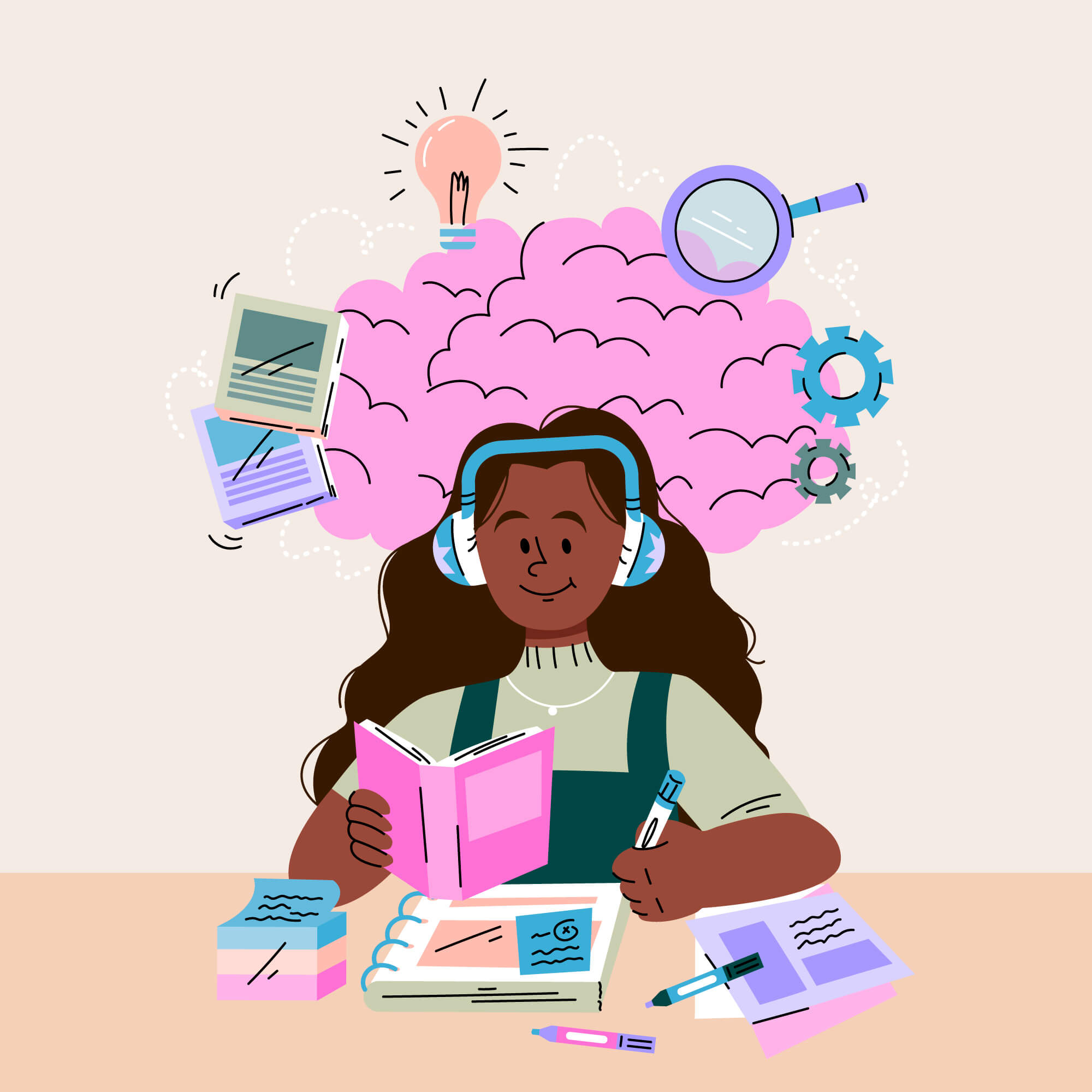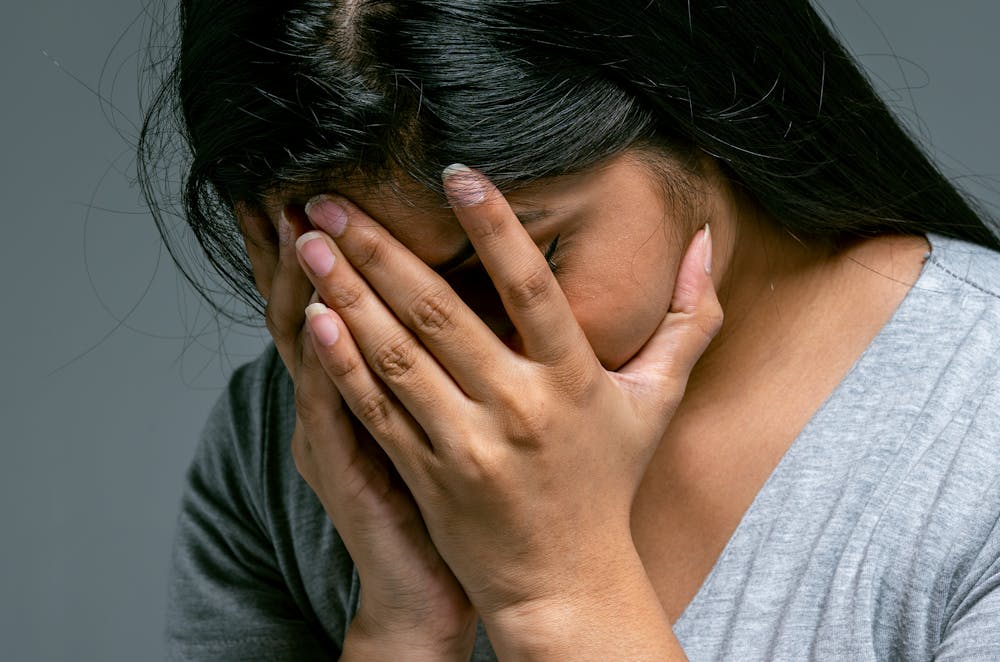Collective punishment is when a group is penalised for the actions of a few, regardless of individual responsibility. This practice is often framed as a form of discipline, yet it fails both ethically and pedagogically. It is rooted in control, not justice.
Consider this example:
- Three members of a school volleyball team enter the gym during lunch without permission to play there.
- Rather than addressing these three students individually, the school cancels the next volleyball game for the entire team.
- The justification offered from the school is: if students cannot follow school conduct rules, they should not be allowed to represent the school elsewhere.
If students cannot follow school conduct rules, they should not be allowed to represent the school elsewhere.
On the surface, this may appear to reinforce accountability. But in practice, it erases individual context and punishes innocent students for behaviours they neither enacted nor condoned. It treats a team not as a collective of distinct individuals, but as a single undifferentiated body—one that can be penalised en masse for infractions beyond their control.
This approach is particularly harmful to neurodivergent students—those with ADHD, autism, or other disabilities that affect executive functioning:
- Impulse control, situational awareness, and the ability to assess risk in real time are not evenly distributed skills; they are shaped by both neurological makeup and environmental support.
- A student may understand a rule but be unable to pause a compelling urge or quickly evaluate the consequences of a split-second decision.
- These are not moral failings. They are unmet support needs.
When the consequences for such lapses extend to everyone around them, the stakes of any mistake become unbearably high. Instead of receiving guidance and regulation in the moment—a quiet redirection, a restorative conversation—they are thrust into a dynamic where their existence on a team becomes conditional, precarious, and framed as a liability. Their team mates whisper and ask why they broke the rules. Humiliation burns on their cheeks.
Collective punishment isolates these students further. It teaches their peers that proximity to a disabled or impulsive teammate puts them at risk. It fosters resentment, scapegoating, and surveillance. For the neurodivergent student, it amplifies shame and fear, undermining their sense of belonging and reinforcing the notion that they are always one misstep away from being the reason things fall apart.
It teaches their peers that proximity to a disabled or impulsive teammate puts them at risk.
Discipline must be discerning to be just. It must recognise that accountability is not forged through humiliation or exclusion, but through relationship, support, and repair. Collective punishment accomplishes none of these. It is the theatre of control, dressed in the language of values, and it leaves the most vulnerable students increasingly exposed.
-
I never wanted to go back to school
Jean had been excluded and unsupported for years, forsaken by the district that was meant to protect her, and her daily crisis of insufficient support left her unwilling even to enter the classroom. When educators resorted to collective punishment—silencing her entire class for…







